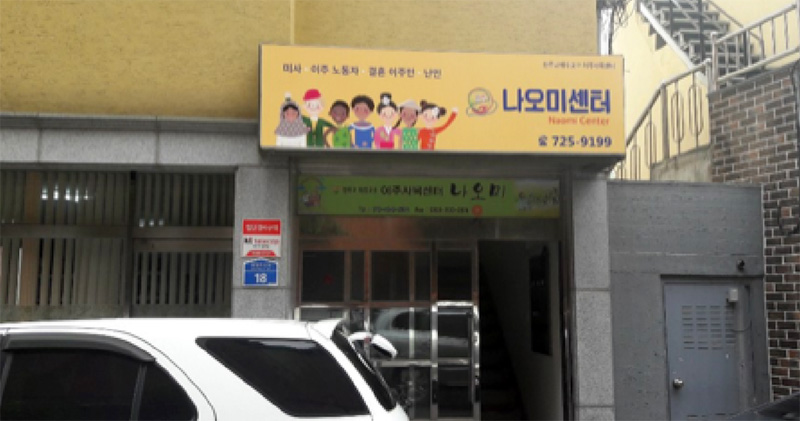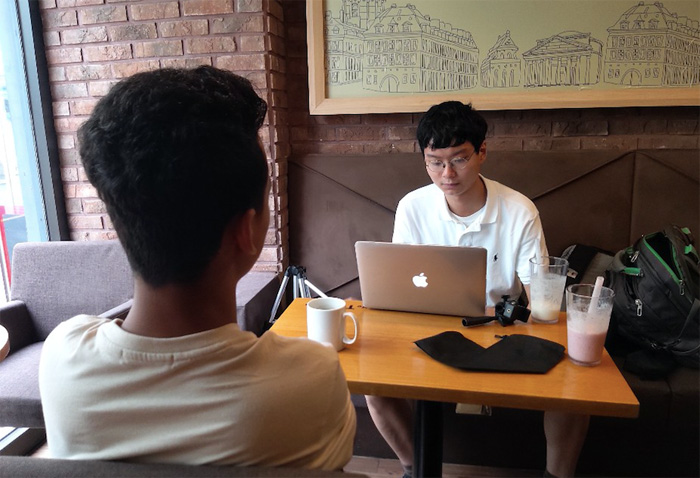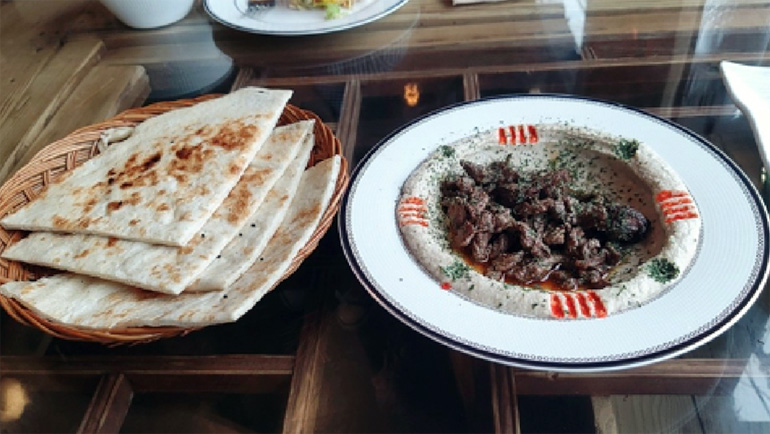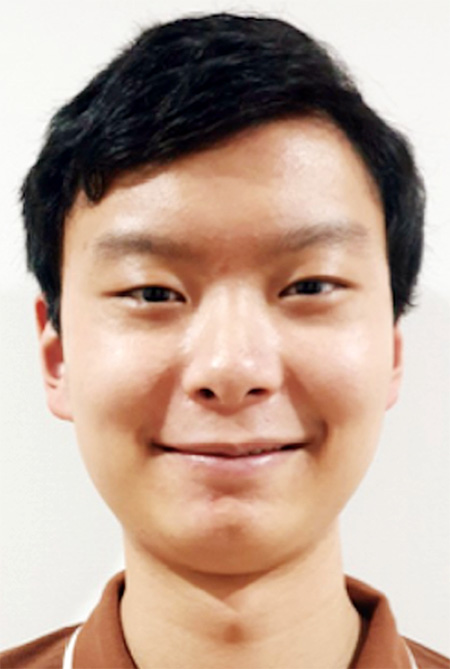In 2018, around 500 Yemeni refugees arrived in Jeju Island. Violence from an ongoing civil war and fear of persecution in Yemen forced them to leave the country, only to find that they face opposition here in Korea as well. The anti-Muslim sentiment is a major factor contributing to the xenophobia towards Yemeni refugees, causing many Koreans to call for stricter immigration laws. Despite opposition, Yemeni refugees are not entirely lacking support. An institution on Jeju Island called Naomi Center, for example, focuses on helping Yemeni refugees adjust to daily life in Korea by providing shelter, an elementary education, and mental support.

An aspiring college student and employee at Wardah, the first Yemeni restaurant in Korea, one Yemeni teenager on Jeju Island provides insight on what life is like for him as a young refugee in Korea. He discusses the difficulties of trying to build a new life in Korea as well as some differences between Yemeni and Korean culture. His name will not be disclosed for his own personal reasons.

Q: When did you first arrive in Jeju Island?
A: "I first went to Malaysia for asylum in 2018. Then I came to Jeju in May of that same year."
Q: What are some difficulties you experience living here in Korea?
A: "One thing is the language. I only studied Korean for three months so at first I had trouble adjusting to life here. On top of that, I had to learn English by myself in order to understand the Korean lessons because they are taught in English. I have been improving a lot and am taking classes at an immigration center here in Jeju with other foreigners. (Laughs) My classmates are very young children and they come from China, Japan, and of course, my home country, Yemen."
But the most difficult thing for me is not knowing when I have to leave.(Tears up) I have a dream to build a life here, and it is so hard trying to build that dream while worrying at the same time about when I may be kicked out. This is hard for everyone in the Yemeni community.
Q: What are some differences between Korean and Yemeni culture?
A: "Religion is different here, which has caused some problems for us; many Koreans are Christians while we are Muslims. This shows in the food. For example, we don’t eat pork while in Korea, where pork is a very popular dish. Pork is what we would call Haram food, meaning it is forbidden to be eaten. Halal food, on the other hand, is considered food that can be eaten according to the Muslim tradition. This is the kind of food we serve here at Wardah. I also noticed that Koreans use alcohol in their food for flavor, but we never use that in ours. However, I have come to really love some Korean food such as dukbokki and galbi."


Q: What dream do you have for your new life here in Korea?
A: "I want to go to college. But it is so hard because I have to study Korean to take the college entrance exam and work at the same time. However, I heard the Korean government made a new law that says refugees can go to college so I am very happy. I really want to study mechatronics if I get into college."
Q: Finally, what is your vision for the future of the Yemeni community here in Korea?
A: "I dream of security for Yemeni people in Korea. As I said before, we never know when we will get sent out, but I want all of us to be able to pursue our dreams in Korea. Right now, many refugees are crammed into inns and stay there doing nothing. I would love the Korean government to support us and provide money to help us get the better education we need to live here."
From this interview, it is made apparent that the dilemma lies in the fact that Yemeni refugees seek to be integrated into Korean society while struggling to find acceptance both culturally and politically. However, this young Yemeni refugee is not without hope; he believes that proper education could help him achieve this goal by giving refugees more opportunities to get jobs in Korea. Integrating refugees in the workplace could be beneficial in certain fields, as they provide new cultural and political insights. Thus, education can give Yemeni refugees a chance to prove themselves to be potentially important contributors to Korean society.

Brian Kook
Grade 11
Phillips Exeter Academy

